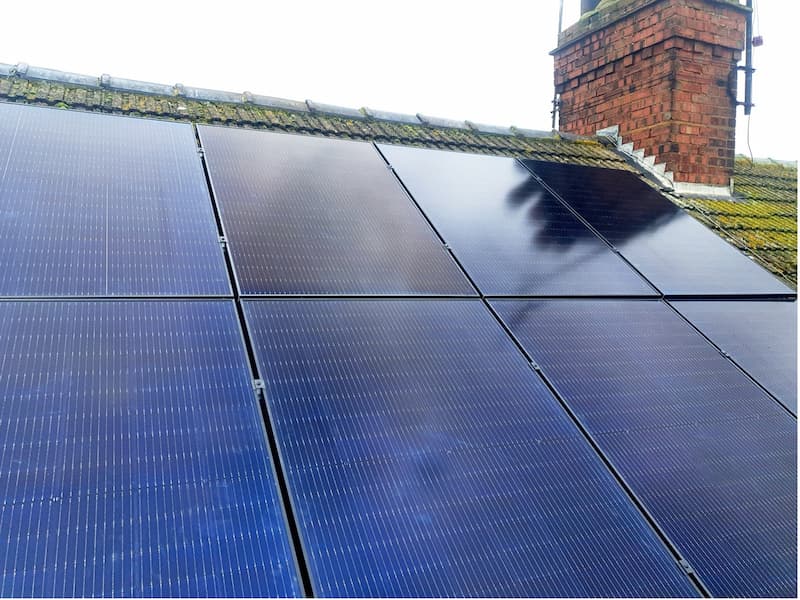As the UK continues its journey towards achieving net-zero carbon emissions by 2050, a range of grants and funding opportunities have been made available to support energy-saving measures and the adoption of renewable energy technologies. These grants are aimed at homeowners, landlords, tenants, businesses, and community groups to encourage the implementation of sustainable practices. Here is an overview of the key grants currently available in 2024.
1. The Boiler Upgrade Scheme (BUS)
The Boiler Upgrade Scheme provides grants to property owners in England and Wales to install low carbon heating systems such as heat pumps and biomass boilers. This scheme offers up to £7,500 towards the installation costs, aiming to replace existing fossil fuel heating systems.
Eligibility for BUS
To qualify, properties must have a valid Energy Performance Certificate (EPC) with no outstanding insulation recommendations. The scheme is open to homeowners and landlords.
Impact of BUS
By facilitating the switch to renewable heating systems, the BUS significantly reduces household carbon emissions and supports the UK’s broader environmental goals.
2. Home Upgrade Grant (HUG) Phase 2
The Home Upgrade Grant is designed to improve the energy efficiency of homes without gas boilers, specifically targeting low-income households. This scheme funds various improvements such as wall, loft, and underfloor insulation, air source heat pumps, and electric radiators.
Eligibility for HUG
Open to homeowners with properties rated EPC D-G and household incomes of £31,000 or less. Local authorities manage the grant distribution.
Impact of HUG
HUG helps alleviate fuel poverty and reduces energy bills for vulnerable households, while also contributing to the reduction of carbon emissions.
3. The Energy Company Obligation (ECO4)
The ECO4 scheme mandates larger energy suppliers to fund energy efficiency improvements in homes. This includes measures like insulation, boiler upgrades, and heating controls.
Eligibility for ECO4
Targeted primarily at low-income and vulnerable households. Eligibility depends on factors such as income, benefits received, and the energy efficiency rating of the property.
Impact of ECO4
ECO4 helps reduce energy bills and improve living conditions for those most in need, while also lowering the UK’s carbon footprint.
4. The Great British Insulation Scheme
GBIS extends support for insulation improvements to a wider range of households, not just those receiving government benefits. It covers various types of insulation, such as cavity wall, loft, and underfloor insulation.
Eligibility for GBIS
Open to homeowners, landlords, and tenants (with landlord’s permission). Properties must have an EPC rating of D-G and fall within certain Council Tax bands.
Impact of GBIS
Improved insulation reduces energy consumption and heating costs, contributing to both environmental sustainability and financial savings for households.
5. Smart Export Guarantee (SEG)
The SEG allows small-scale renewable energy generators, such as households with solar PV systems, to receive payments for the electricity they export back to the grid. Energy suppliers with over 150,000 customers are obligated to offer this tariff.
Eligibility for SEG
Open to homeowners with renewable energy systems up to 5MW capacity. A smart meter is required to measure exports.
Impact of SEG
SEG incentivizes the installation of renewable energy systems by providing a financial return on surplus energy, thus promoting the use of clean energy sources.
6. Social Housing Decarbonisation Fund (SHDF)
The SHDF aims to upgrade social housing stock to meet higher energy efficiency standards. Wave 2.1 of the fund has allocated £778 million for the period 2022/23 to 2024/25.
Eligibility for SHDF
Managed by local authorities and registered providers of social housing. Focuses on properties currently below EPC D rating.
Impact of SHDF
Upgrading social housing improves living conditions for tenants, reduces energy bills, and helps achieve national carbon reduction targets.
7. The Ofgem Energy Industry Voluntary Redress Scheme
This scheme provides funding for projects that support vulnerable households and develop innovative energy solutions. The current round offers £20 million in grants for charities and community energy groups.
Eligibility for OEIVRS
Open to registered charities, community interest companies, co-operative societies, and community benefit societies. Projects must address issues like fuel poverty and carbon emissions reduction.
Impact of OEIVRS
Supports community-driven initiatives that improve energy efficiency and promote renewable energy, particularly for those most in need.
How to Apply for These Grants
- Research: Investigate the specific requirements and eligibility criteria for each grant.
- Assessment: Conduct an energy assessment to identify suitable improvements.
- Quotes: Obtain quotes from certified installers.
- Application: Submit your application through the appropriate channels.
- Approval and Implementation: Proceed with the installation upon approval.
- Monitoring: Track energy production and savings for ongoing benefits.
Conclusion
The UK offers a robust array of grants and funding opportunities to support energy-saving measures and the adoption of renewable energy. By taking advantage of these schemes, homeowners, landlords, tenants, businesses, and communities can significantly contribute to the nation’s sustainability goals while enjoying financial and environmental benefits. Embrace these opportunities to play your part in creating a greener, more sustainable future for the UK.
Gary Riley
Gary is the Operations Manager at Fairway Energy and a specialist in renewable energy and technology, with over 15 years’ experience. He has in-depth expertise in energy-efficient measures for residential properties and UK government-backed grant schemes.
https://www.linkedin.com/in/gary-riley-449556180
[email protected]

